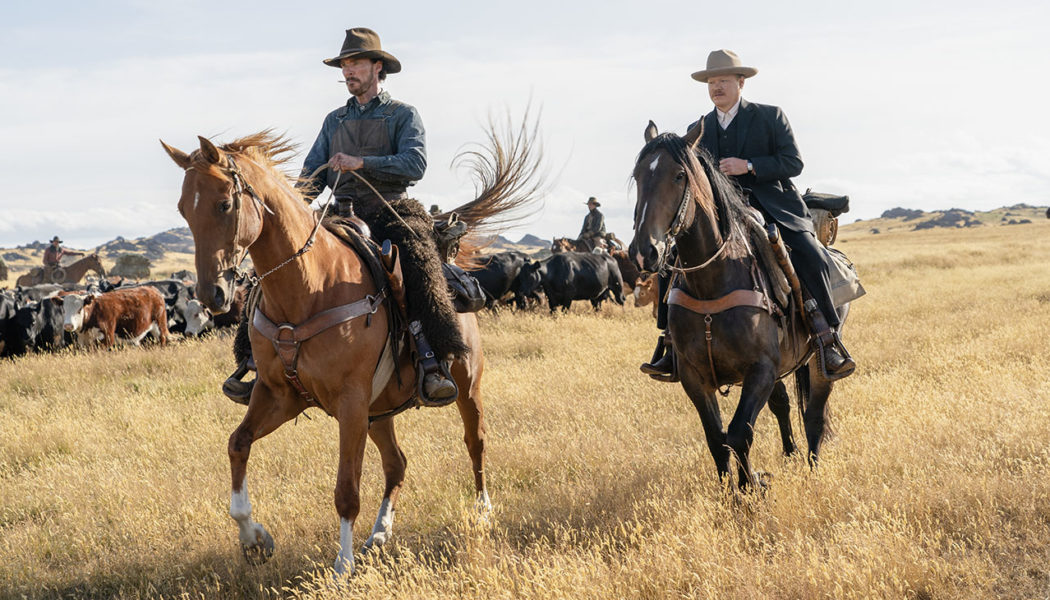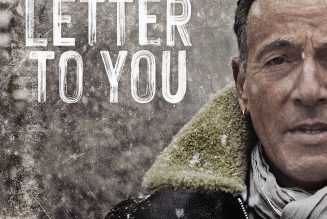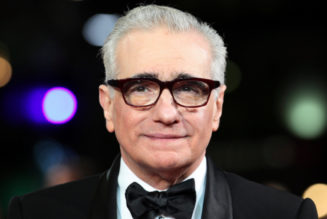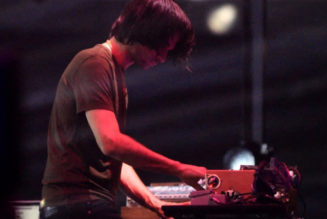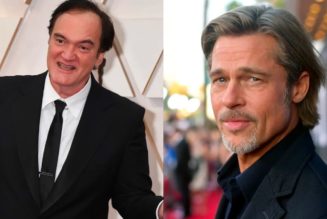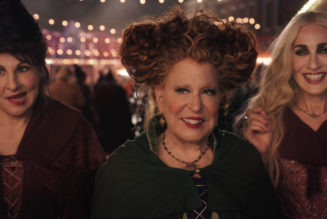This review is part of our coverage of the 2021 New York Film Festival.
The Pitch: Acclaimed writer-director Jane Campion adapts the semi-obscure 1967 novel The Power of the Dog into a feature of the same name. It’s a Western of sorts about Phil Burbank (Benedict Cumberbatch), a self-consciously macho cowboy who hassles his more reserved brother George (Jesse Plemons) on the ranch they own and operate together. When George marries the widow Rose Gordon (Kirsten Dunst), Phil turns his cruelty toward her, as well as her teenage son Peter (Kodi Smit-McPhee), in spite of — or is it because of? — some unexpected common ground they share.
Not So Old West: The Power of the Dog takes place in rural Montana in 1925, which amounts to a sort of netherworld between Old West imagery and the well-past-dawned 20th century. Campion made a Western where some characters are still wearing spurs and cowboy hats, while flapper dresses and automobiles sometimes turn up in the frame, too. In the scheme of things, it takes place not too long before cinematic Westerns were popularized and mythologized as mass entertainment on the big screen.
Related Video
The movie even subtly brings that transition to mind, making sure to mention that Dunst’s Rose once made her living playing piano for silent movies. These are key details in a film that’s very much about Phil Burbank’s willingness to hide behind his cowpoke bona fides. It’s not that his ability to ride horses, make rope, and perform hard labor with his bare hands amounts to lie, but that it’s inextricable from what he feels it must conceal.
Four Keepers: The relative unfamiliarity of the source material gives Campion an advantage that she exploits brilliantly: it’s not always easy to see where The Power of the Dog is going. At first, it seems like it’s about a form of sibling rivalry between Phil and George; then, there’s a sexual (or at least gendered) menace to the introduction of both Rose and Peter.
For a small ensemble where all four actors give perfectly judged performances, it’s gratifyingly difficult to tell whose story this will be. But it’s clear that it will closely involve Cumberbatch’s Phil, perhaps the only truly superlative performance the Extremely English Cumberbatch has ever given with his flattened-out American accent. As he stalks the outskirts of the screen, Cumberbatch teases out plenty of petulance, increasing the character’s unpredictability. (Phil contains multitudes; he’s both a malcontent and a talented banjo player.)
Dunst, meanwhile, gives another terrific performance in her long line of disappointed women. Wandering around the much bigger house she shares with her new family, her Rose sometimes looks frozen in place, as if she’s stuck in a cold bath and can’t adjust to the temperature. In a story focusing on notions of masculinity, Campion refuses to neglect a female point of view.
Beguiling: With its Dunst performance and touches of mordancy, The Power of the Dog makes a fine companion piece to the Sofia Coppola-directed remake of The Beguiled, even if it’s depicting a vastly different dynamic. Campion’s sustained mood of inevitability can feel slightly oppressive — which might seem like an odd thing to say, given that it’s not clear for a long time what, exactly, the movie is building toward, only that whatever it is feels inevitable. The movie is so well-constructed that it sometimes feels easier to admire at a slight distance.
The Verdict: Campion’s take on the Western is an elegant, sometimes unnerving accomplishment.
Where’s It Playing? The Power of the Dog hit the New York Film Festival on October 1st and plays again on October 9th. It will open theatrically in limited release on November 17th, and streams on Netflix starring on December 1st.
Trailer:
